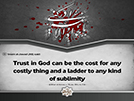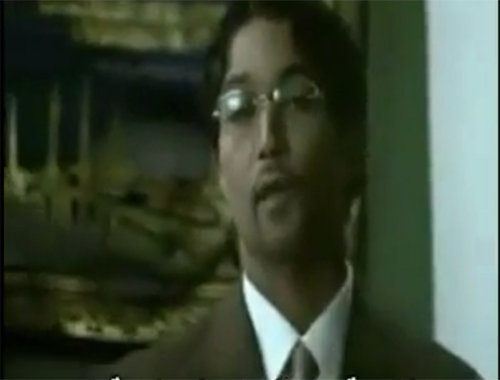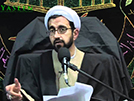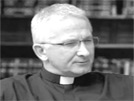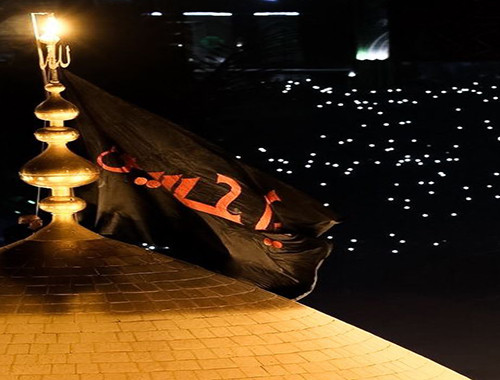One who testifies falsely is soon exposed
- Details
- Hits: 2307
One who testifies falsely is soon exposed
If a person testifies in an Islamic court and later regrets for his testimony, then it is first determined whether he had knowingly and intentionally testified wrongly. If it was so, then that person is branded as a transgressor whose testimony is no more valid in the Shari’a Court. But if he had been a victim of doubt and uncertainty he is not disqualified from testifying in the future. However, if due to the wrong testimony someone had to undergo undeserved punishment or suffer harm, it is Wajib for this witness to make up the loss. The details of such laws could be obtained from the books of Jurisprudence.
One of the methods of disproving a testimony is that the witness himself confess it to be false. Another procedure for this is that two just witnesses may testify against him. This is known as ‘Bayyana’. Finally, the judges may on the basis of some firm evidence falsify the testimony of a witness who had tried to mislead the court. Hence the judge is empowered to reject a witness if he is himself certain. If someone has suffered a loss the judge shall impose on the witness some exemplary punishment of a few lashes so that he may not repeat such a crime in future.
The judge should also announce in the city and the surrounding areas that such and such person is a false witness so that people may not be misled by him and may not rely upon his evidence. In this way, one who testifies falsely becomes notorious for his falsehood in the society, and the wellbeing of society is maintained. Both these actions i.e. exemplary punishments and warning the people against a false witness, are put into effect whether the judge has already passed his judgment (based upon that false testimony) or not.



